Hate Speech: Curbing The Wings Of A National Monster
- Par Kimeng Hilton
- 10 mai 2023 19:10
- 0 Likes
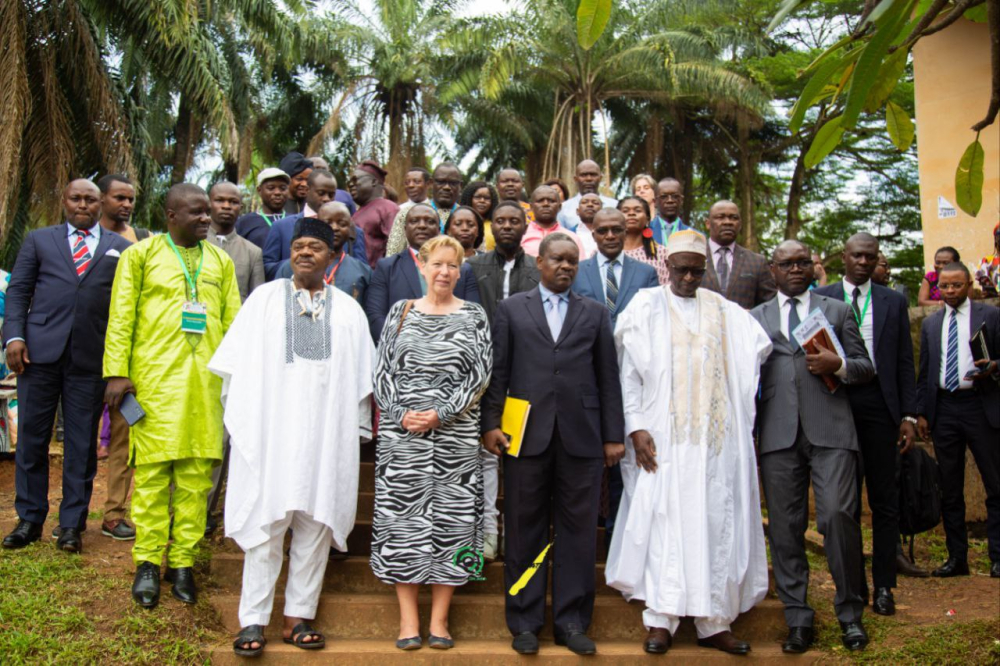
Defyhatenow Cameroon Initiative and the University of Yaounde I are organising a national colloquium in Yaounde from May 10-12, 2023.
The Department of Sociology of the University of Yaounde I, with the technical support of the Cameroon Laboratory for Research on Contemporary Societies, CERESC, are organising a two-day national colloquium on hate speech. Holding in the campus of the University of Yaounde from May 10-12, 2023, the event has the collaboration of Civic Watch, the Cameroon implementation partner of Defyhatenow Initiative.
Emerging Forms Of Hate Speech
The theme of the historic gathering is “Hate Speech and Violence in Cameroon: Social Origins, Emerging Forms and Possible Responses.” Speaking at the opening of the national colloquium on Wednesday, May 10, 2023, Ngala Desmond Ngala, Defyhatenow Country Project Manager for West and Central Africa, recalled that Cameroon is a multicultural, multilingual country with over 250 ethnic groups. He said violence has been on the increase since the onset of the Anglophone Crisis; adding to the Boko Haram insurgency in the Far North Region.
Threats To Democracy, Peace
“Hate speech threatens democracy, peace, and creates fear and intimidation,” Ngala warned. According to him, free speech can be restricted when it threatens national security, and public peace and health. Desmond Ngala asserted that the rising incidence of hate speech in the country demands more efforts to avoid linking politics to hate speech. Saying the tendency was to notice a rise in the incidence of hate speech during elections, which also manifests through the use of vulgar language.
Social Media As Vector Of Hate Speech
“Social media is the main vector of hate speech. There is hate speech both on- and offline. We all have the collective responsibility to think first before clicking on our phones and computers,” Desmond Ngala appealed. He disclosed that the UN roadmap on hate speech will be presented on June 18, 2023 during the Second International Day for Countering Hate Speech.
Journalism And Hate Speech
Gabriela Bennemann, the Chargé d’Affaires in the German Embassy in Cameroon, noted that journalism practice in the era of social media and hate speech was tricky. She described the April 28, 2023 declaration on media practice in Cameroon and hate speech as a positive step forward. Bennemann lauded the creation by government of the National Commission for the Promotion of Bilingualism and Multiculturalism, saying it could do more to check hate speech in the media.
The Role Of State Institutions
Oumarou Djika, the Vice Chair of the National Commission for the Promotion of Bilingualism and Multiculturalism, also agreed that hate speech has plagued Cameroon for some time now. “The Commission has been doing something about the situation since three years. It organised a colloquium on living together in Yaounde and a communication campaign on hate speech on March 5, 2021. The campaign was taken to very region and to the media. It was so successful, judging by the reaction of the people,” Oumarou Djika disclosed. He said because social media has complicated the incidence of hate speech in Cameroon, the Commission was still sensitising the public on the risks of hate speech and xenophobia.
Ignorance, Hate, Violence
Prof. Luc Calvard Owono, the Vice Rector of the University of Yaounde I in Charge of Research, Cooperation and Relations with the Business World, warned that ignorance leads to hate, and hate leads to conflict and violence. He said the colloquium is relevant to the present times and the mission of Cameroon’s universities to help in constructing durable peace. “Hate speech is sometimes caused by what we cannot easily determine. Thus the need to tackle the problem from its roots,” Prof. Owono proposed. Citing Nelson Mandela, he said: “If people learn to hate, they can also learn to love.”
Lexicon Of Exclusion, Explosion
Prof. Armand Leka Essomba, Head of Department of Sociology in the University of Yaounde II in his inaugural lecture, said the language of exclusion and explosion was on the rise in Cameroon. “Fanatics are taking up hate speech on social media, and young people are drugging themselves to death. The country’s unity pact, which is being increasingly questioned, is now in doubt,” he admitted.
Where Is Cameroon’s Birth Certificate?
“Our role is to build bridges of peace between communities….Weapons of reason need to triumph over hate speech…We need to revisit Cameroon’s distant past (or “passé anterieur”), that is, the era before the advent of colonialism when communities lived and interacted together. Though there were occasional wars,” Prof Essomba proposed. “Does Cameroon have a birth certificate?” Who signed it, and when? he questioned.
Stepped-up National Consciousness
Prof. Armand Leka Essomba then recommended, amongst others, that more national importance and attention be paid to October 1. Which he said is used by separatists as a day of mourning. “There is need to rename Cameroon. What if we returned to the appellation, “United………”? he asked. Before going on to propose the building of more road and rail links to open up the country, and the development of a national policy on identity values. In addition to the curricula on the topic which is taught in basic and secondary education.
The Extent Of The Problem
According to Defyhatenow Cameroon Initiative, hate speech and violence in Cameroon are increasing in intensity and taking many forms. The most visible are materialised by socio-political crises, including the war against the nebulous Boko Haram, which is experiencing a relative lull in the northern region of the country. Others are the crisis which is currently rocking the two Anglophone North-West and South-West Regions; the exacerbation of hate speech on digital social networks, ethno-community divisions and clashes in urban areas, gender-based violence and cases observed in schools and homes, etc.
Martinez Zogo Gruesome Assassination
The murder of Cameroonian journalist Martinez Zogo in February 2023, particularly under horrifying conditions, as well as the stages leading to the discovery of his mutilated body, have dramatically re-launched the debate on the extreme forms of violence that the Cameroonian social corps has been experiencing for over a decade. These overt and over-mediatised aspects of the phenomenon, combined with many latent threats that indicate a level social fragility, point to the fact that violence in Cameroon has an enduring nature. These salient facts, which are visible across the country, reveal that anomie has become an obsessive form of Cameroonian “normality.”
Hate Speech, Part and Parcel Of Us?
Based on what is observed daily, violence is gradually becoming a major component of the identity of Cameroonian society. In the same perspective, themes relating to violence occupy a prominent place in the media, but with a more emotional, univocal and consequently, a more subjective than reflexive and analytical approach. These different elements put together, imply that Cameroonians devote a significant part of their time to producing violence.
Track II Diplomacy Initiatives
Rigorous analyses have been made by some authors, while distancing themselves from these secular writings, in order to understand the phenomenon of violence in Africa, which even if it can be understood as ‘endemic’, is insepa...
Cet article complet est réservé aux abonnés
Déjà abonné ? Identifiez-vous >
Accédez en illimité à Cameroon Tribune Digital à partir de 26250 FCFA
Je M'abonne1 minute suffit pour vous abonner à Cameroon Tribune Digital !
- Votre numéro spécial cameroon-tribune en version numérique
- Des encarts
- Des appels d'offres exclusives
- D'avant-première (accès 24h avant la publication)
- Des éditions consultables sur tous supports (smartphone, tablettes, PC)






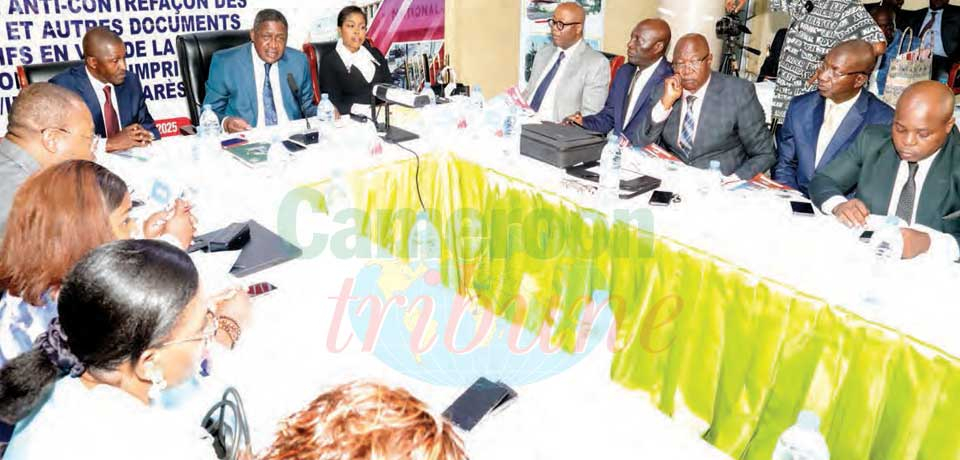
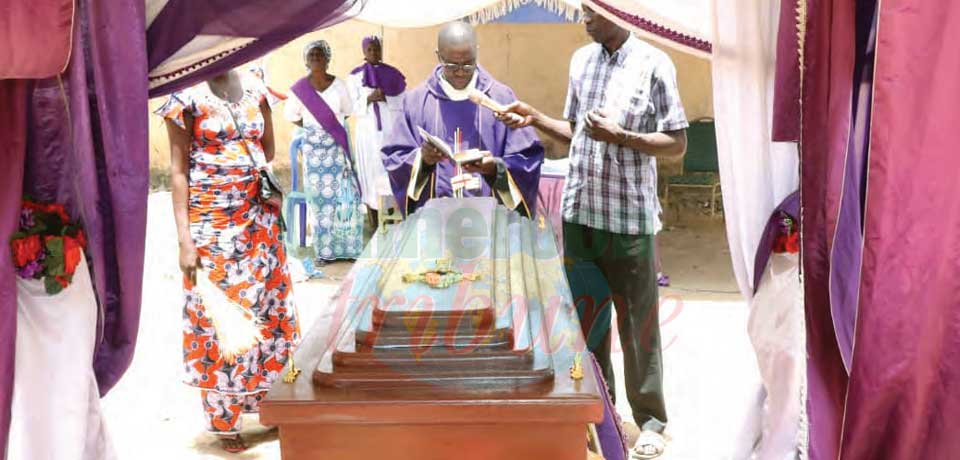
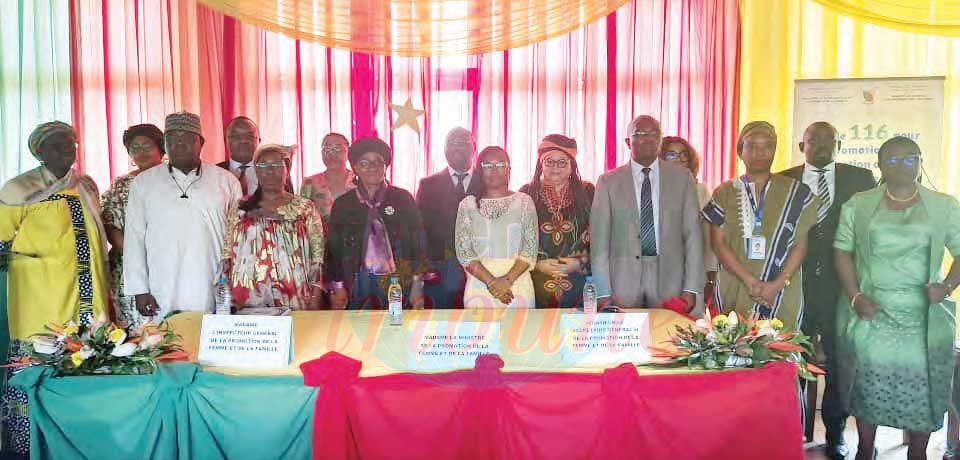
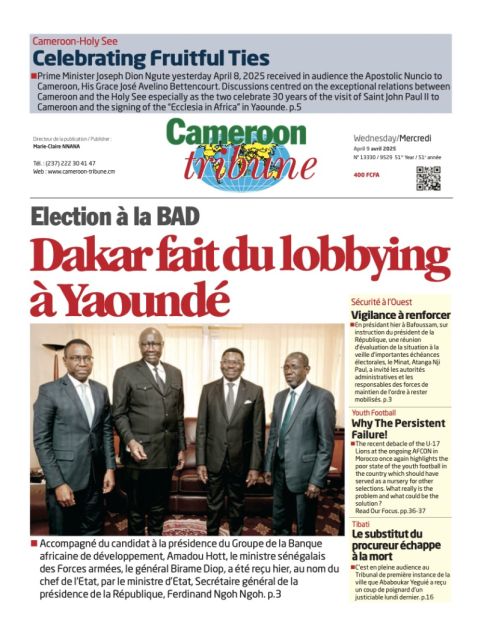




Commentaires